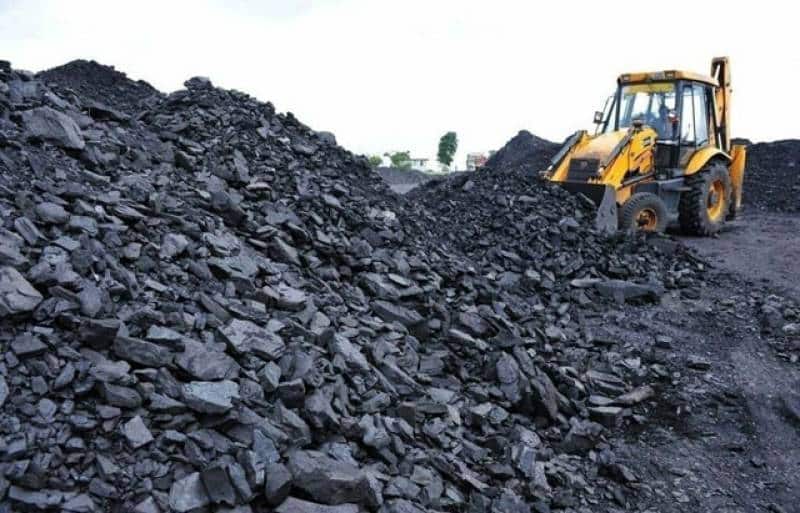Thar Coal Power project will help Pakistan generate energy at a much lower cost, and this would be a game-changer for the country’s overall development, said Shamsuddin Shaikh, former CEO of Sindh Engro Coal Mining Company, while talking to WealthPK.
“In the current global economic recession, Pakistan faces the challenge of a massive hike in the fuel price in the international market. With the help of China, Pakistan installed imported coal-based power plants as part of its CPEC investment at the beginning of the project, but now it is installing local coal-based power plants,’’ he said.
“The Thar region of Pakistan has around 175 billion tons of coal reserves, equivalent to 50 billion tons of oil and 2,000 trillion cubic feet of natural gas,’’ he said. ‘’Pakistan recently successfully launched a third power plant with a capacity of 330MW based on the indigenous Thar coal. Tharparkar district in Sindh now has three plants operating on the local coal. As a result, the total installed capacity of Thar coal has increased to 990 megawatts in three years,’’ added Shamsuddin Shaikh.
He said Pakistan currently generates 5,280MW electricity from coal, with the Thar coal contributing 1,320MW and imported coal 3,960MW to the overall power generation. “In the past, Pakistan imported coal from South Africa and Indonesia. The major question is why Pakistan is using imported coal for generating electricity instead of readily available local coal. The major problem with the local coal is that Pakistan’s coal power plants are designed according to the imported coal. As a result, Pakistan is unable to switch to the local coal for the entire plant,’’ said the Sindh Engro Coal Mining Company ex-CEO.
“In order to alter the design, a large investment is required. The second reason is that coal is being phased out of the world’s energy mix because of its adverse environmental effects, so Pakistan faces financing challenges as well.” “While this project can bring economic benefits and help meet Pakistan’s growing energy demands, it is essential to ensure that it develops sustainably and is in line with the international environmental and social standards. Proper planning and implementation can maximise the project’s benefits and minimize the negative impacts on the environment and communities.”



